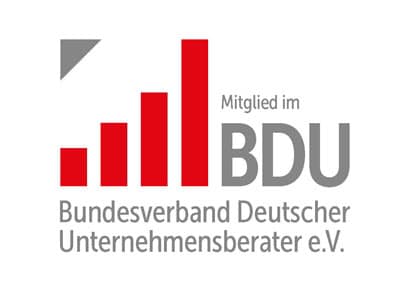Quality is not accidental, it is the result of effective business processes
A well-known Tier 1 supplier of interior components was facing a major management complaint from one of its OEM customers. The OEM had escalated because the warranty management process was considered not capable.
The complaint was justified by the supplier’s high rejection rate and by significant weaknesses, especially in the application of the contractually agreed warranty analysis process:
– Part analysis planning according to VDA Field Failure Analysis (FFA)
– Inspection, testing and problem analysis of the returned parts
– Tracking of open and overdue operations
– Systematic reporting structure
The escalated Tier 1 supplier has chosen KORN CONSULT GROUP to develop and install a capable and sustainable warranty management process for the entire business unit through a holistic project approach.
Project objective:
Installation of a capable and sustainable warranty management process considering all relevant requirements of the automotive industry as well as specific procedures of certain OEMs, both from technical and commercial point of view.
Measurement criteria:
Reduction of avoidable warranty costs by at least 20%
VDA Field Failure Analysis audit with at least 90% achieved and confirmed by the OEM
For the implementation of this project, the team of Consultants chose the KCG 4-Phase-Model with following focus points:
Phase 1 – Analysis:
Description of the status quo, by means of cross-sectoral expert survey, based on a KCG-specific questionnaire. This does not only focus on industry-typical content such as the VDA Field Failure Analysis or customer-specific requirements but also considers interactions with commercial processes.
Phase 2 – Concept:
Conduct workshops at several locations to analyze the potential causes for product failures or other customer complaints and define relevant measures in the following hierarchy:
-Corrective actions for specific observations/deviations
-Avoidance measures to avoid the problem in the future
-Discovery measures as a systemic/procedural improvement for early detection of similar situations
All measures are then grouped into work packages and a roadmap will summarize how to achieve the goals.
Phase 3 – Implementation:
The implementation phase was covering two main aspects:
1) Working in the company
2) Working on the company
This phase starts with focusing on a robust problem-solving process through linking between the open work flows in a timely manner and directly connecting to the commercial process, in order to create an immediate positive influence on the liquidity of the company.
In the automotive industry, the OEMs are debiting warranty costs directly from outstanding payments, which has a direct impact on the company’s liquidity.
After this sub-phase of “direct to get started” the focus moves to the implementation of systemic and process improvements in order to exploit all identified potentials. This second sub-phase also ensures coaching, training “on the job” and controlling of the project.
Phase 4 – Validation:
In addition to confirming the effectiveness through internal audits in the respective production facilities, the validation phase was used to eliminate any remaining disturbances and thus improving the sustainability effect of the introduced measures.
Key factors for the successful implementation of this project were the neutrality, a high level of expertise and a pragmatical, value-oriented and strong “hands-on” mentality of the KORN CONSULT GROUP Consultants.
When a supplier is facing an escalation with its OEM customer, the first counteracting we observe in most cases through the entire supply chain of the automotive industry, is to increase the use of its own experts and resources to de-escalate as quickly as possible. Unfortunately, only immediate measures are engaged in this manner, and the systemic improvement is often left behind, which gradually will push the company into a kind of “firefighting culture”.
Such companies are very effective in managing crisis, but less and less capable to avoid crisis because the control loops are no longer closed.
Through consistent application of the 4-Phase-Model, the KORN CONSULT GROUP counteracts this effect, as it not only looks at the stitching patch solution, but also works on systemic and sustainable improvements acting on identified problem root causes.
Combined with a practical experience of the KORN CONSULT GROUP consultants, this control loop is thus finally closed.
Quality is not accidental, it is the result of effective business processes
© 2023 KORN CONSULT GROUP
